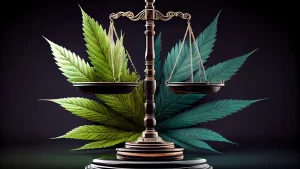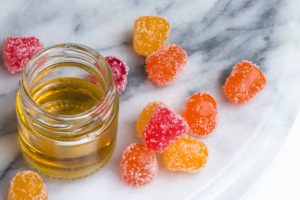
Can herbal supplements interact with D8 tinctures?
The popularity of Delta-8 (D8) tinctures has surged within the realm of alternative health and wellness. Claimed to offer various benefits such as pain relief, relaxation, and mood enhancement, exhale D8 tinctures have found their way into the routines of many individuals seeking natural remedies. Simultaneously, herbal supplements have long been hailed for their therapeutic properties, offering a plethora of health advantages derived from nature’s bounty. However, the question arises: Can these two seemingly beneficial entities interact harmoniously, or might there be potential risks?
While both D8 tinctures and herbal supplements originate from natural sources, their interactions within the body can vary significantly. Herbal supplements encompass a broad spectrum of products, ranging from botanical extracts to vitamins and minerals, each with its unique chemical composition and physiological effects. Similarly, exhale D8 tinctures contain Delta-8 tetrahydrocannabinol, a cannabinoid derived from hemp plants, renowned for its therapeutic potential yet distinct from the more well-known Delta-9 THC found in marijuana.
One primary concern regarding the interaction between herbal supplements and D8 tinctures lies in their combined effects on the body’s metabolism and liver function. Many herbal supplements undergo biotransformation in the liver, where enzymes break them down into active metabolites. Concurrently, D8 tinctures may also undergo metabolism in the liver, potentially leading to competition for metabolic pathways or alterations in enzyme activity. Consequently, the co-administration of herbal supplements and D8 tinctures could result in unpredictable metabolic interactions, affecting the efficacy and safety of both substances.
Certain herbal supplements possess inherent pharmacological properties that may potentiate or inhibit the effects of D8 tinctures. For instance, herbs such as St. John’s Wort, known for its antidepressant properties, induce the activity of cytochrome P450 enzymes in the liver, which could accelerate the metabolism of D8 and diminish its therapeutic effects. Conversely, herbal supplements like echinacea or grapefruit extract may inhibit specific enzymes involved in D8 metabolism, leading to elevated D8 levels and potential adverse reactions.
Individual variability further complicates the potential interactions between herbal supplements and D8 tinctures. Factors such as genetics, pre-existing medical conditions, and concurrent medication use can influence how the body metabolizes and responds to these substances.


